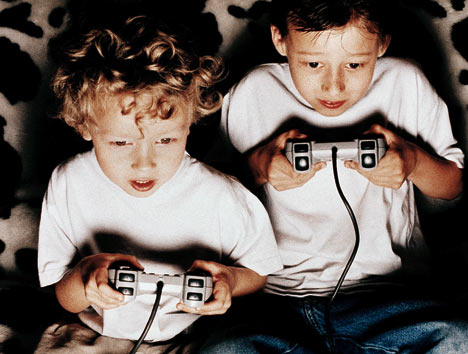Have you ever encountered the idea that to know somebodies real name gives you power over him?
The idea to know something true brings control over it?
This belief has been used in the Harry Potter franchise, in which it was taboo to use the name of the ultimate evil – Voldemort – in order to avoid making it more real as it already was.
Now the question is if there is any truth to it or if the whole idea is just hocus-pocus.
I believe that, if an idea is persistent throughout the ages, there is at least some truth to it. In ancient times, when perceptions were not that strongly tainted by a scientific mind, intuition and the knowing without data, had a much stronger influence on the population’s believes and interactions. Today we believe so strongly in the correctness of science that, as it has currently no concept for such a phenomenon, the idea that control can be gained by knowing something or somebodies true name is immediate discarded or considered humbug.
Or did you regard the avoidance of speaking Voldemort’s name as something worth considering outside of the fictional world of Harry Potter?
Now, that I have built the playing field up to the point where you would expect me to show you that there is really some validity behind this belief, I have to admit that I myself believe that the notion of gaining control over somebody by knowing his name is wrong. The effect does exist, I am sure, but the cause for this control is not simply knowing his name. Control can only be exerted with the agreement of the controlled and thus there must be something that the controlled does to give control over him to another person.
This ‘something’ is the belief of the controlled person. Simply the belief that, if somebody knows your name, you can be controlled. We are free to believe whatever we want – even if it does not make any sense and is even detrimental to our health. Without that deep belief, we would just be invulnerable even if anybody would know our name.
Many ancient societies like the Greek and the Romans believed that saying something out loud – for example uttering a curse – brought it into existence. And the reason, again, was simply the fact that it became more real in the mind of the recipient. Putting something out into the physical universe, simply by verbalizing it, makes it more real.
Now to my own personal encounter with the application of these facts.

My son, when he was younger, loved computer games, and I believe many modern parents have to deal with the same ‘problem’ (as they see it). Sometimes he exaggerated and felt rather crummy when he came out of a long session in the World of Warcraft, having done nothing creative all day. That was completely understandable for me, but he did not make the connection that a constant inflow of consuming did indeed created that crummy feeling .
Once, another person close to him observed his crummy feeling and negative emotion and uttered the judgment that he was ‘messed up.’ I had to instantly defuse the situation so that this curse did not take hold in my son’s mind – or in mine, as a matter of fact.
One of those ‘synchronicities’ of life brought a TED Talk into my view from an amputee and athlete – Aimee Mullins – which I just have to share here as it addresses exactly the danger of labeling a person…
After listening to this I contemplated that this ‘handicap’ she has – me, spending too much time in front of a computer screen – does make her unique and that I just have to trust her, that she knows what is good for her. Looking back into my own early life I have good justification for this trust. When in highschool I spend the bigger part of one year learning electronics and neglected my school work to such a degree that I failed two classes completely and had to do the whole year over.
My parents blamed the electronic course for this handicap, but it turned out to be of great advantage to me. Before I repeated this class I was a rather poor student and I had no real idea what I would do after graduation. I believe I even considered a career as a lawyer! But by doing this one class a second time I was able to catch up with all the things I had missed and which had made me a poor student. It suddenly became crystal clear what I wanted to do, I became a good student and graduated with all good grades in the natural sciences and went on to study physics.
I was ‘messed up’ as well, but used the adversity I encountered to my advantage, why should my son be less capable than I?
